Mozambique is gearing up for the inauguration of its next president, Daniel Chapo, on January 15, but the lead-up to the event has been marred by controversy and unrest.
Chapo, the candidate for the ruling Front for the Liberation of Mozambique (Frelimo) party, won the October 9 election with 65.17% of the vote, securing a victory that will see him succeed outgoing President Filipe Nyusi. Frelimo also retained its parliamentary majority in the general elections.
However, the results have been fiercely contested. Opposition groups, independent observers, and international bodies have raised significant concerns about the fairness of the election process. Venâncio Mondlane, an independent presidential candidate supported by the Podemos party, has rejected the official outcome after securing 24.19% of the vote. Mondlane, who is currently abroad, has vowed to hold his own inauguration on January 15, claiming the presidency for himself.
“Mozambicans deserve elections that are peaceful and truly represent the will of the people,” the U.S. State Department said in a statement. It criticized the election process, highlighting a lack of transparency and irregularities in the vote tabulation. Civil society organizations and international observers echoed these concerns, calling for reforms to restore public confidence in Mozambique’s democratic system.
Also Read; Tz Deploys 500 Extension Officers to Boost Cashew Production
The fallout from the disputed election has led to widespread violence. Since October 21, at least 277 people have lost their lives, and 586 have been injured in clashes between protesters and security forces. The unrest has created a climate of fear, forcing thousands to flee their homes. The UN Refugee Agency (UNHCR) reports that more than 3,000 people have sought refuge in neighboring countries, with 2,000 crossing into Malawi and another 1,000 seeking safety in Eswatini.
For many Mozambicans, the violence is a stark reminder of the fragility of the country’s political system. “We hoped for change, but instead, we are living in fear,” said a resident of Maputo who asked to remain anonymous.
The United Nations and other international organizations have urged calm, calling on all parties to engage in dialogue. The U.S. has joined these appeals, encouraging leaders to refrain from violence and work toward unity and stability.
As January 15 approaches, tensions remain high. Chapo’s government faces the immense challenge of addressing the grievances of opposition groups and restoring peace to a nation grappling with uncertainty. For many Mozambicans, the days ahead will be a test of whether their leaders can move beyond division and lay the groundwork for a more inclusive and democratic future.
The world will be watching as Mozambique navigates this critical moment, hopeful that the country can find a path forward without further bloodshed.


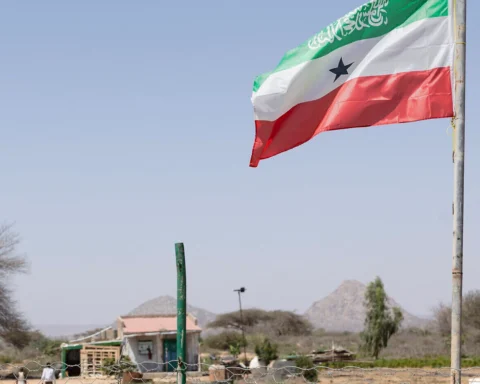
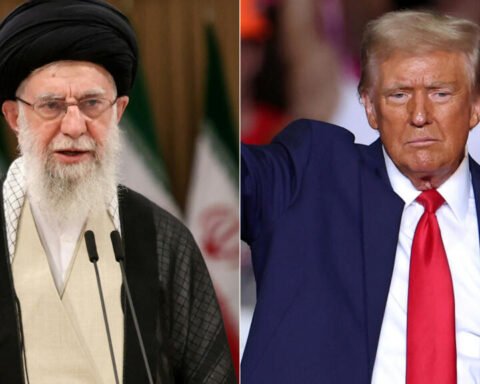
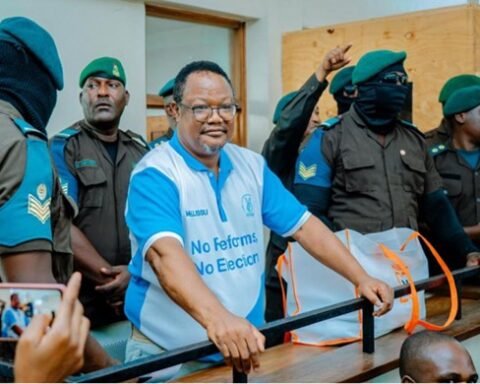
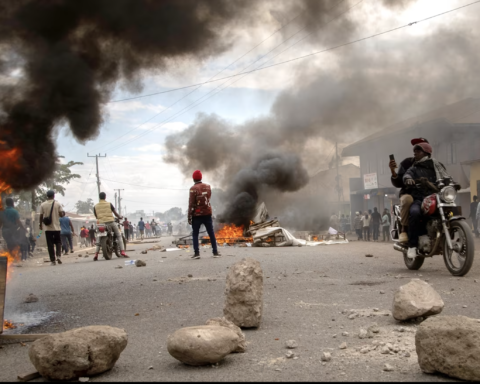
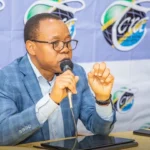

I real thankful to find this internet site on bing, just what I was searching for : D besides bookmarked.